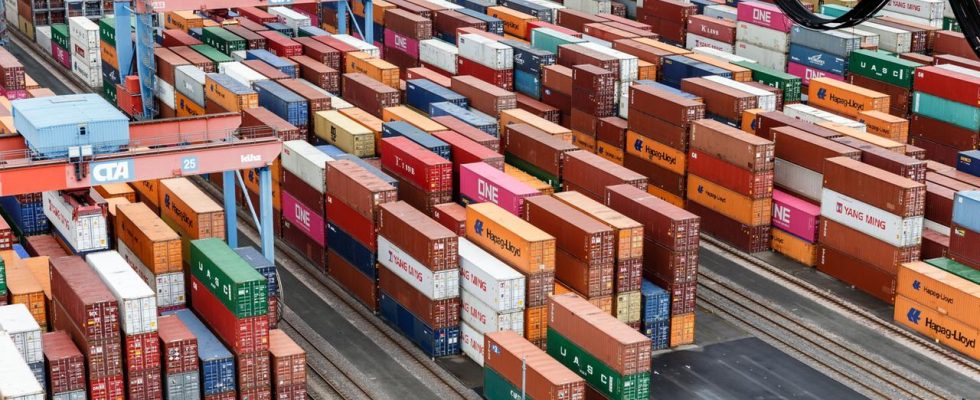The planned EU supply chain law has overcome a crucial hurdle – despite resistance in the German federal government: a sufficient majority of EU states support the law to protect human rights.
After weeks of debate, the majority of EU states have voted for a common European supply chain law. The Belgian Presidency announced this on the online platform X. The European Parliament must now also approve the proposal. But this is considered safe.
The law is intended to ensure that European companies ensure compliance with human rights and environmental standards in their supply chains – including their suppliers. In the future, companies will have to document across Europe that the products they import from third countries do not lead to child labor or environmental damage.
Law weakened
The adopted draft law provides for less strict rules than the original draft. First of all, the EU supply chain law should apply to companies with 500 or more employees and a global turnover of more than 150 million euros per year.
The new draft now applies to companies with 1,000 or more employees. The annual sales threshold is 450 million euros. The possibility of civil liability has also been weakened. EU member states, the EU Parliament and the Commission had already agreed on the law in December.
FDP did not want to support the law
In Germany, the FDP vetoed the law. The Liberals fear, for example, that companies will withdraw from Europe for fear of bureaucracy and legal risks. That is why the federal government abstained from the vote in Brussels. An abstention in the committee acts as a no vote.
Since then, it has remained unclear whether a majority could be achieved for the directive despite Germany’s abstention. For adoption, a majority of at least 15 member states with an EU population of at least 65 percent was required. This qualified majority has now been achieved. Even without Germany.
Praise from the SPD, criticism from business
Politicians from the SPD and the Greens supported the project. The disagreements led to an open exchange of blows in the traffic light coalition. Accordingly, Federal Labor Minister Hubertus Heil welcomed the decision in Brussels: “This is good for human rights and the German economy, because it means we are creating fair competitive conditions for all companies in Europe.” The SPD politician played a leading role in negotiating the directive at EU level.
CDU MEP Axel Voss said that because of its weakened scope, fewer companies would be affected by the EU supply chain law than by its German counterpart. However, he sharply criticized the fact that the changes had not been negotiated with Parliament.
The President of the Federation of German Industries, Siegfried Russwurm, complained that the law was a further setback for Europe’s competitiveness. “The result is not a victory for human rights, but a victory for bureaucracy,” explained the President of the BGA foreign trade association, Dirk Jandura.
The renegotiations in recent weeks have brought about changes that are positive from the perspective of the economy, said the President of the German Chamber of Commerce and Industry, Peter Adrian. “However, it remains a major burden for companies to control global supply chains and direct and indirect business partners.”

